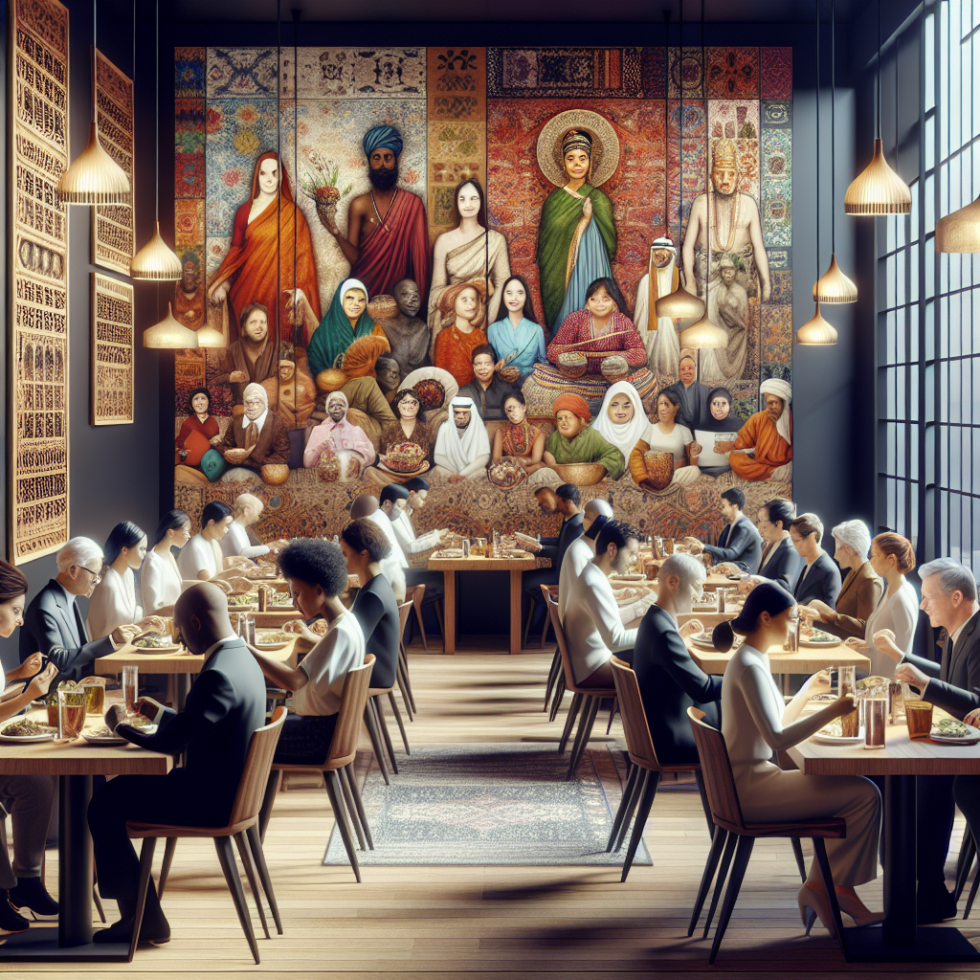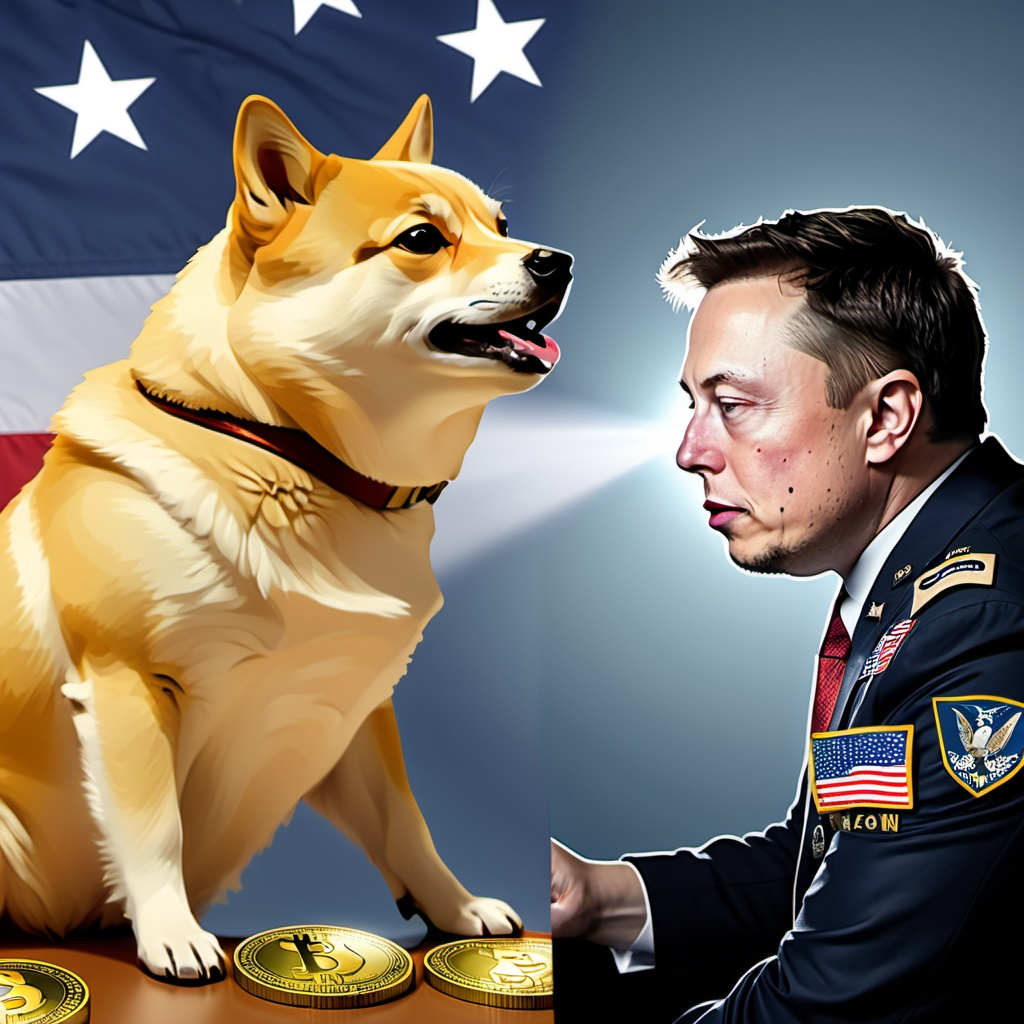
A Corporate Reaction to Controversy
Cracker Barrel, the Tennessee-based restaurant chain famed for its Southern-style comfort food and rustic decor, recently made waves by removing its dedicated “Pride page” and references to its Diversity, Equity, Inclusion, and Belonging (DEIB) groups from its website. This alteration followed significant backlash from right-wing influencers, particularly after the company’s failed attempt to rebrand itself with a minimalist logo, which sparked criticism across various social media platforms and eventually reached the Oval Office.
The combination of these events has placed Cracker Barrel at the center of a growing debate regarding corporate identity and the interplay between social justice initiatives and consumer expectations.
The Timeline of Events
The changes to the company’s online presence began with the unveiling of a new logo that stripped away its traditional visual elements, including the iconic barrel and the “Old-Timer” character. This decision was met with outrage, primarily from conservative commentators who accused the brand of succumbing to the pressures of political correctness. As a result, the backlash amounted to a series of criticisms that claimed they had lost touch with their core customer base.
As the controversy intensified, President Donald Trump weighed in, asserting that the company should revert to its previous logo, reinforcing the perception that Cracker Barrel was distancing itself from its traditional branding to appease progressive sentiments.
Website Changes: What Was Removed?
According to a review by CNN using the Wayback Machine, Cracker Barrel’s previously active Pride page included a message celebrating the LGBTQ+ community and reinforcing the company’s mission to prioritize all individuals. The page included statements such as, “On behalf of Cracker Barrel’s LGBTQ+ Alliance & DEIB Team, we want to celebrate YOU for being YOU.”
Now, this URL redirects to a more generalized “Culture and Belonging” page that omits mentions of employee resource groups such as LGBTQ+ and DEI initiatives. Cracker Barrel’s spokesperson characterized these updates as the removal of outdated content, part of a broader initiative to refocus their branding efforts. They stated, “In connection with the Company’s brand work, we have recently made updates to the Cracker Barrel website, including adding new content and removing out-of-date content.”
Public Reaction and Backlash
The modifications were instantaneously met with mixed responses from social media. Notable figures in right-wing circles, including Robby Starbuck, celebrated the decision as a victory, declaring on social media that Cracker Barrel’s actions signaled a triumphant return to traditional values. In contrast, advocates for LGBTQ+ rights and social equity criticized the company for backtracking on its commitments to inclusivity.
After a steady decline partly attributed to the COVID-19 pandemic, where its stock plummeted almost 50% over the past five years, Cracker Barrel had seen a brief rise earlier that week following its decision to scrap the controversial logo. However, the stock dropped again shortly after the removal of the DEI content.
The Corporate Landscape of Social Responsibility
This occurrence with Cracker Barrel isn’t an isolated incident. Corporations worldwide have increasingly found themselves navigating a treacherous landscape of social expectations versus commercial realities. A balance between **customer sentiment** and **social responsibility** is as necessary as it is challenging.
Companies are now faced with a dilemma: should they prioritize their mission statements around inclusivity and diversity, or should they adhere to the predominant ideologies of their customer base, which can be dynamically shifting? Cracker Barrel’s choice to remove its DEI and Pride pages symbolizes a broader trend among corporations to protect their financial interests over sonic commitments to social causes.
Additionally, consumer activism has played an increasingly significant role in shaping corporate policies. Organizations like Cracker Barrel are increasingly scrutinized by their customers, pushing for alignment between corporate actions and declared missions. Stakeholders and consumers alike are aware that foundations built on social equity can foster brand loyalty, but that loyalty is fragile and can easily erode under public criticism.
Conclusion: A Reflection of Current Trends
As Cracker Barrel navigates this complex scenario, the implications extend beyond the restaurant chain itself. This development reflects an ongoing struggle within corporate entities to align with their marketing and branding initiatives while also considering consumer reactions and broader social movements. The restaurant’s experiences highlight the significant pressure companies face amidst societal and cultural tensions, causing a need for careful navigation between social promotion and financial viability.
For now, only time will tell how this shift will affect Cracker Barrel’s long-term strategies and whether the company will reevaluate its approach to inclusivity and diversity in the future.
To learn about the disclaimer of liability for the content of this website, click here




